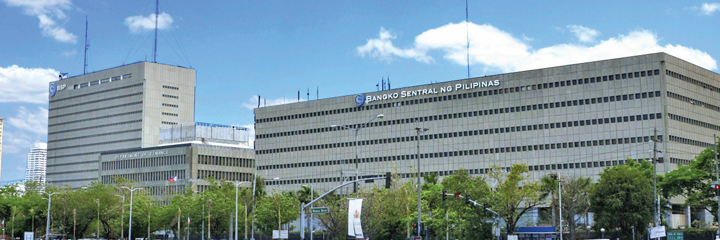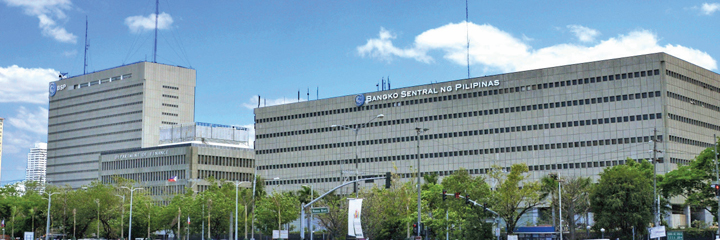
THE Bangko Sentral ng Pilipinas (BSP) liberalized foreign exchange (FX) regulations anew to accommodate new trends in the local economy.
In a statement late Wednesday, the Central Bank said its monetary board has approved further amendments to FX regulations to promote greater ease in the use of FX resources of the banking system and further simplify procedures and documentary requirements for these transactions.
One of the major salient points of the amendments is that the sale of FX by banks without prior BSP approval for electronic commerce (e-commerce) market participants are now allowed.
The BSP said this is to support digital payments and electronic transactions in the country.
More Filipinos continued to shift towards digital banking due largely to the movement and operational restrictions brought about by the government’s efforts to curb the spread of Covid-19 in the country.
In June, the BSP reported that financial transactions through the country’s two automated clearing houses—PESONet and InstaPay—were higher by 276 percent in volume and 127 percent in value in April, compared to the figures recorded during the same month in 2020.
Among the other amendments in FX regulations include allowing FX derivatives transactions to be entered into by non-bank government entities without prior BSP approval and the use of peso receipts relating to trade transactions to fund peso deposit accounts of non-residents.
The amendments also provide for the sale of FX by banks without prior BSP approval for FX transactions involving the offsetting of payables with receivables between and/or among residents for various FX transactions and residents with non-residents for their trade and non-trade current account transactions. Likewise, monetary authorities allows transactions involving living allowance and/or medical expenses of dependents abroad, among other non-trade current account transactions.
Other amendments also provide for the sale of FX by banks without prior BSP approval for FX transactions for the Importation of goods with services covered by engineering, procurement and construction (EPC) contracts and the payment of fees prior to registration provided that the foreign loans are duly reported to the BSP.
“These reforms are part of the BSP’s commitment to maintain an FX regulatory framework that is responsive to the needs of a dynamic and expanding Philippine economy,” the BSP said in a statement.
“However, the BSP expects banks to continue to implement safe and sound practices amid the continuing liberalization of FX rules,” it added.
The implementing Circular will take effect 15 banking days after its publication.

